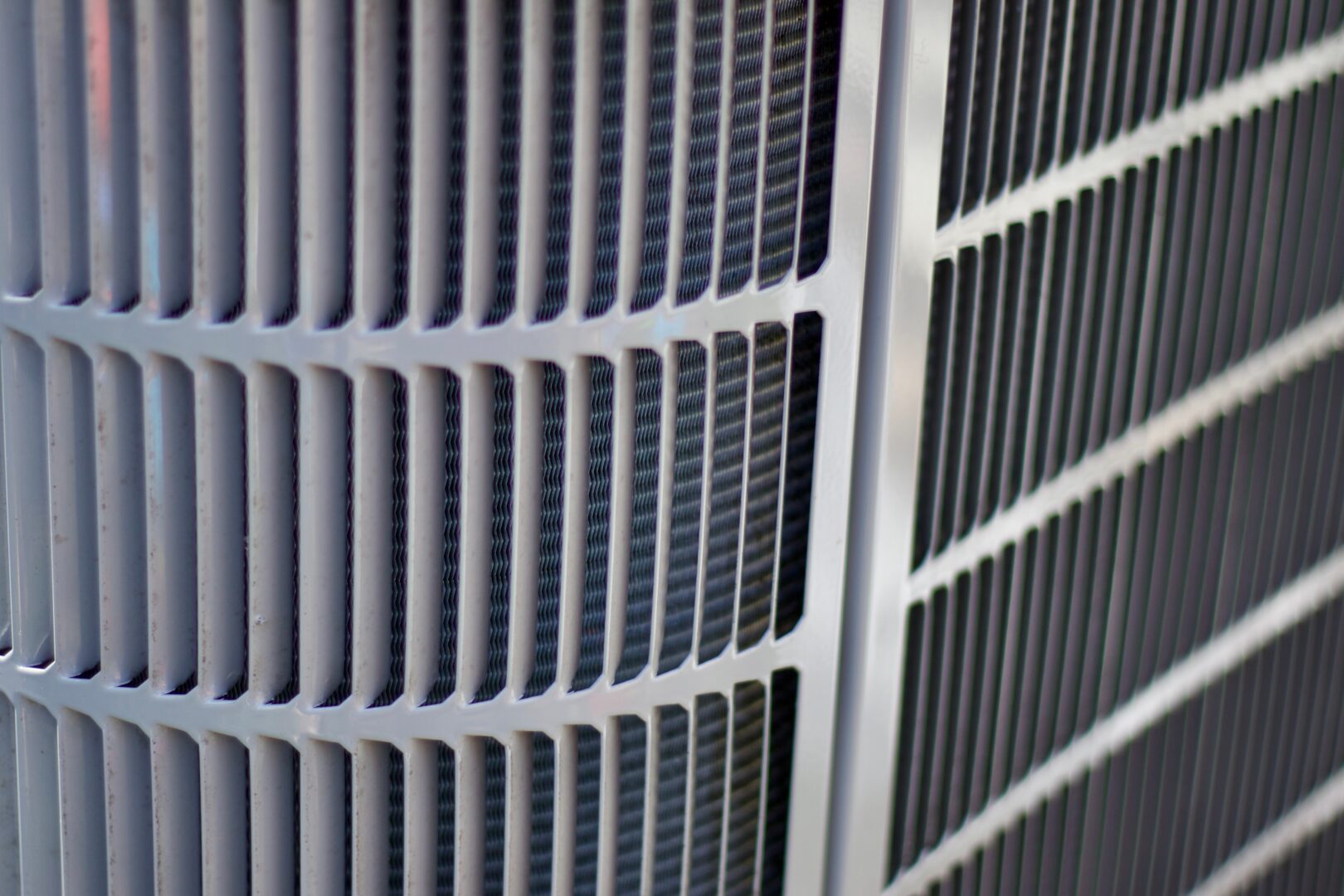Comfort. Energy Expenses. Safety. Value

The Future of HVAC Technology and What to Expect in 2023
Posted by: jlbworks
Posted on: April 26, 2023
HVAC systems have come a long way since the first commercial air conditioning system was invented in 1902. Now, more than 100 years later, HVAC units are much more sophisticated, and they’re only getting more advanced.
Learn more about the future of HVAC technology and the innovations you can expect below.
Early HVAC Innovations
To understand how far HVAC technology has come, it helps to take a step back and look at where it started.
In 1902, Willis Carrier invented a machine that blew air over cold coils to reduce humidity and lower room temperatures. However, it wasn’t until 1930, under President Herbert Hoover, the white house had indoor climate control installed for the first time. The first window air conditioning system hit the market a year later.
In the late 1950s, the invention of rotary compressors allowed for a quieter air conditioning unit. Decades later, in the 1970s, central air became commonplace. Since then, inventors have worked hard to make units more effective, energy-efficient, and affordable.
Recent HVAC Trends
Now, let’s jump to more recent HVAC trends. The following are some of the most significant technological advancements that have driven the HVAC industry.
Regulations and Energy Efficiency
In 2023, the Department of Energy’s new standards for residential and light commercial HVAC units went into effect as part of a larger effort to combat the effects of climate change. These updated standards include new energy efficiency requirements for commercial products and new testing and measurement procedures.
Sustainable HVAC Systems
HVAC manufacturers have worked hard over the last few years to create a more sustainable and energy-efficient HVAC system. They’ve incorporated solutions like solar, geothermal heat pumps, and energy analysis software to achieve this goal.
Thermally Driven Air Conditioners
Thermally driven air conditioners are the latest example of new HVAC technology emphasizing sustainability. These air conditioners use thermally driven chillers, are operated by solar thermal energy, and can be supplemented with natural gas as needed.
The Future of HVAC Technology
The latest developments in HVAC technology are exciting, but there’s plenty more to come. Here are some of the most significant HVAC advancements consumers will see in the upcoming future.
Geothermal HVAC Systems
Geothermal systems are among the most energy-efficient solutions on the market. They use heat pumps, water, and underground piping to heat and cool your home. Instead of relying on refrigerant, geothermal systems absorb heat from the ground in the winter and transfer it back to the ground during the summer.
Ductless HVAC Systems
As the name suggests, ductless systems don’t require complex ductwork, making them more accessible and more affordable to install. They also offer advanced zoning capabilities, meaning users can heat or cool specific parts of their property instead of the entire building.
Smart HVAC Technology
Wifi-connected HVAC units will quickly become the new normal. You can adjust your unit from anywhere (even outside your house) with smart air conditioners, smart controllers, and programmable thermostats. These convenient solutions are highly energy-efficient and can help you avoid exorbitant utility bills.
Virtual Reality Training for HVAC Technicians
Virtual reality isn’t just for gamers. Soon, HVAC technicians will use it to enhance their training. This technology speeds up the learning process and keeps them safer during the early stages of their training without sacrificing the crucial hands-on component.
C&M Heating and Cooling Keeps Up with the Latest HVAC Trends
Are you excited about what the future holds for HVAC systems? Do you want to update your current unit with a more modern, energy-efficient solution?
If so, C&M Heating and Cooling can help. With over 40 years of experience, we can install and service all types of residential and commercial HVAC units and are happy to assist you. Contact us today to schedule an appointment.
